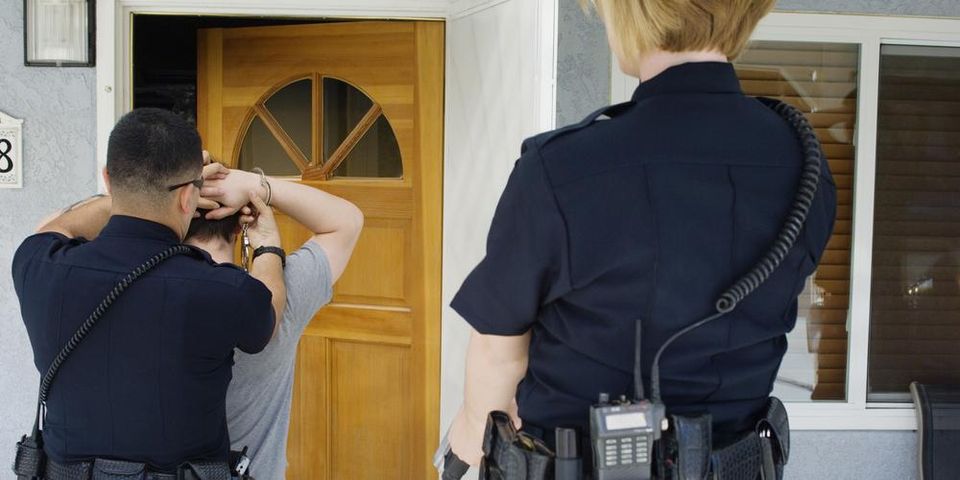What Criminal Defense Attorneys Want Everyone to Know About the Fourth Amendment

The Fourth Amendment protects Americans from unreasonable searches and seizures. It was created in the wake of three specific cases that were tried in the 1760s. In the first two cases, both of which were decided in England, agents of the king authorized the searching—or, more accurately, the ransacking—of homes of pamphleteers who had been charged with libel for criticizing the government. In the third case, which was decided in the colonies, customs inspectors used blanket warrants to search anywhere they thought there might be smuggled goods. Here is what criminal defense attorneys want everyone to know about the rights that were inspired by these cases and how they can influence interactions with police.
What Are My Rights If Police Show up on My Doorstep?
If police knock on your door, you typically have the right to refuse entry unless they have a search warrant. This legal document, which must be signed by a judge, gives officers the authority to conduct a search for specific items at a particular location.
Even with a warrant, though, police must follow certain rules, or they risk violating the suspect’s rights, which could make any evidence they gather inadmissible in court. For example, in most circumstances, officers must announce their presence, present the warrant, allow suspects to get dressed, limit the search to the specified locations, and conduct it in a reasonable fashion.
Who Can Let Police Into My Home?
 If the police do not have a search warrant, they may still conduct a search of the premises if certain parties authorize it. When it comes to residential properties, those who have the right to consent to a search include residents and, in certain scenarios, guests. Typically, guests may allow an officer to search the premises if they use and have normal access to the parts of the property being searched.
If the police do not have a search warrant, they may still conduct a search of the premises if certain parties authorize it. When it comes to residential properties, those who have the right to consent to a search include residents and, in certain scenarios, guests. Typically, guests may allow an officer to search the premises if they use and have normal access to the parts of the property being searched.
Children may also consent to a search under specific circumstances. Factors that will affect whether children have the right to consent include their age and whether adults are on the premises. Housekeepers, on the other hand, cannot typically authorize a search unless they live at the home, too. In such a scenario, they may only consent to a search of the parts of the home to which they have access.
If you’re facing criminal charges but think your rights were violated during the search, arrest, or any subsequent proceedings, turn to the Law Office of Mike Hamilton. Based in Columbia, MO, this firm is led by a seasoned lawyer who has nearly 30 years of experience protecting his clients’ rights. For almost two decades, attorney Mike Hamilton served as the District Public Defender in Futon, MO. Today, he runs a successful private practice that represents clients who have been charged with everything from driving under the influence to homicide. To reach out and schedule a consultation with this strategic criminal defense attorney, visit his website or call (573) 825-5698.
The choice of a lawyer is an important decision and should not be based solely upon advertisements.
About the Business
Have a question? Ask the experts!
Send your question

